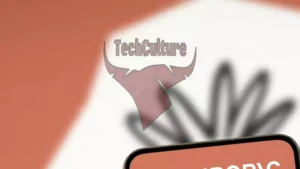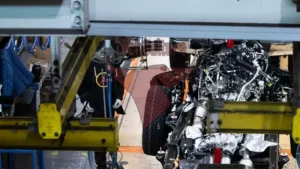College Students Navigate the AI Revolution in Education
As artificial intelligence (AI) continues to reshape various aspects of society, college students find themselves at the forefront of a technological revolution in education. A recent exploration into how students are integrating AI into their coursework reveals a complex landscape of mixed feelings, ethical concerns, and potential benefits.
Many students are grappling with the implications of AI use in their academic lives. Ellis Edgeman, a student interviewed for this report, expressed distrust in AI tools, citing the need for extensive fact-checking and rewording. Concerns about AI hallucinations and accuracy have led some students to approach these technologies with caution.
The fear of over-reliance on AI is another significant concern. Michael, another student, worries about skill stagnation and the potential impact on personal and professional development. This sentiment is echoed by others who feel guilty about using AI, particularly in fields like programming where hands-on skills are crucial.
Despite these concerns, some students are finding ways to integrate AI as a tool for streamlining their work. Nicole Rivera-Reyes uses AI for tasks like transcribing and note-taking, emphasizing its role in handling “busywork” rather than completing entire assignments. This approach allows students to focus on more critical aspects of their studies.
However, the specter of plagiarism looms large in discussions about AI use. Samantha Wilson avoids AI altogether due to fears of plagiarism detection, while some of her peers use it for assignments they perceive as non-essential to their learning.
For students facing overwhelming course loads, AI has become a coping mechanism. At the University of Miami, students with demanding schedules are turning to AI to manage their workload effectively. These tools help break down complex concepts and manage time, allowing students to maintain basic self-care and manage extracurricular commitments.
The long-term implications of AI reliance are a growing concern. Riley, a student interviewed for this report, has noticed a decline in certain skills due to AI use. Research indicates a potential cognitive detachment from task completion when relying heavily on AI tools.
Patrick Wilson, another student, emphasizes the need for critical engagement when using AI, highlighting the importance of understanding the technology’s limitations. John Keon discusses the difference between AI use in academic and professional settings, viewing AI as a natural progression in technology with both potential benefits and drawbacks.
As the debate continues, students are left to navigate the complex landscape of AI in education. The challenge lies in maximizing the benefits of these powerful tools while maintaining critical thinking skills and creativity. As AI continues to evolve, so too must the approach to its use in academic settings, ensuring that students are prepared for a future where AI is an integral part of both education and professional life.




